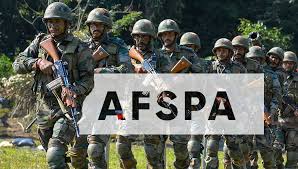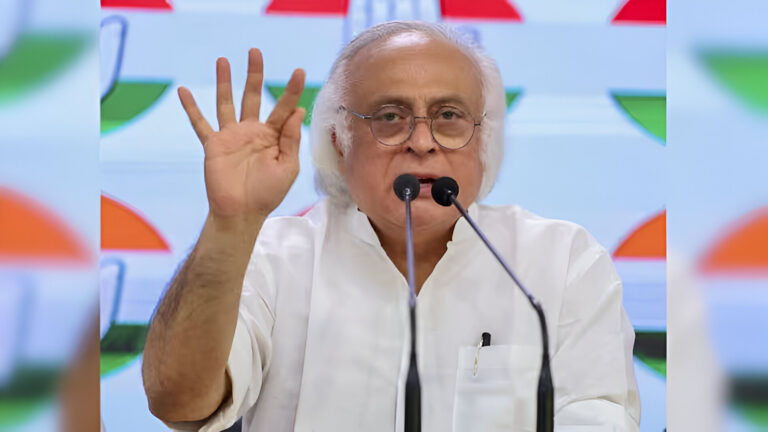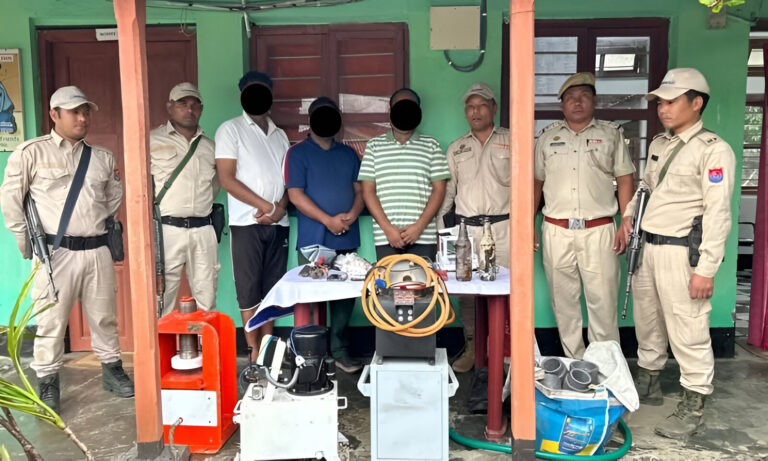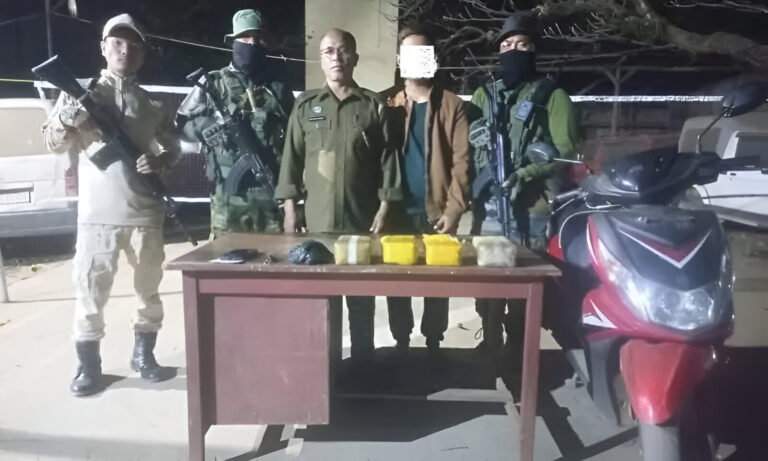Manipur: Man Arrested in Imphal East for Illegal Drug Trade
News Summary
In a decisive operation on Thursday evening, May 15, 2025, Manipur Police apprehended 46-year-old Md Abdullah Khan from Khabeisoi Sabal Leikai in Imphal East district. Acting on credible intelligence, a joint team from the Manipur Police Anti-Drug Unit and Heingang Police Station conducted a raid, resulting in the seizure of six vials containing suspected heroin. Khan was reportedly operating from a local hideout, actively engaging in drug trafficking activities. Following his arrest, he was handed over to Heingang Police Station for further legal proceedings under the Narcotic Drugs and Psychotropic Substances Act.
In-Depth Analysis: The Broader Implications of Drug Trafficking in Manipur
Understanding the Context
Manipur, nestled in the northeastern corridor of India, has long grappled with the challenges of drug trafficking. Its strategic location, bordering Myanmar, makes it a critical node in the infamous “Golden Triangle”—a region notorious for opium production and drug trafficking. The state’s porous borders and rugged terrain have often been exploited by traffickers to smuggle narcotics into and out of the country.
The Arrest of Md Abdullah Khan: A Closer Look
The recent arrest of Md Abdullah Khan underscores the persistent efforts of law enforcement agencies to curb the drug menace in the region. Khan’s apprehension was the result of meticulous intelligence gathering and swift action by the police. The seizure of heroin vials from his possession indicates his active involvement in the distribution of narcotics. Such arrests are crucial in dismantling the local networks that facilitate the drug trade.
The Ripple Effects of Drug Trafficking
The implications of drug trafficking extend beyond the immediate legal consequences for the individuals involved. Communities suffer as addiction rates rise, leading to increased healthcare burdens and social instability. Youth, in particular, are vulnerable, with many falling prey to substance abuse, which hampers their education and employment prospects. Moreover, the profits from drug trafficking often fund other illicit activities, including insurgency and organized crime, further destabilizing the region.
Law Enforcement’s Ongoing Battle
Manipur Police, along with central agencies like the Narcotics Control Bureau (NCB), have intensified their operations against drug trafficking. Recent months have seen a series of successful raids and seizures. For instance, in Cachar district, Assam, police intercepted a vehicle carrying heroin and opium worth Rs 4.5 crore, leading to the arrest of two individuals from Manipur. Such operations highlight the inter-state nature of the drug trade and the need for coordinated efforts across regions.
Frequently Asked Questions (FAQs)
Q1: Why is Manipur a hotspot for drug trafficking?
Manipur’s geographical location, bordering Myanmar, places it along the “Golden Triangle,” a region known for opium production. Its porous borders and challenging terrain make it susceptible to smuggling activities.
Q2: What are the common drugs trafficked in Manipur?
Heroin, opium, and synthetic drugs like methamphetamine are commonly trafficked through Manipur.
Q3: How does drug trafficking impact local communities?
It leads to increased addiction rates, health crises, and can fund other criminal activities, thereby destabilizing communities.
Q4: What measures are being taken to combat drug trafficking in Manipur?
Law enforcement agencies are conducting regular raids, intelligence operations, and collaborating with central agencies. Community awareness programs and rehabilitation centers are also being established.
Q5: How can individuals contribute to combating drug trafficking?
By staying informed, reporting suspicious activities to authorities, supporting rehabilitation initiatives, and participating in community awareness programs.




